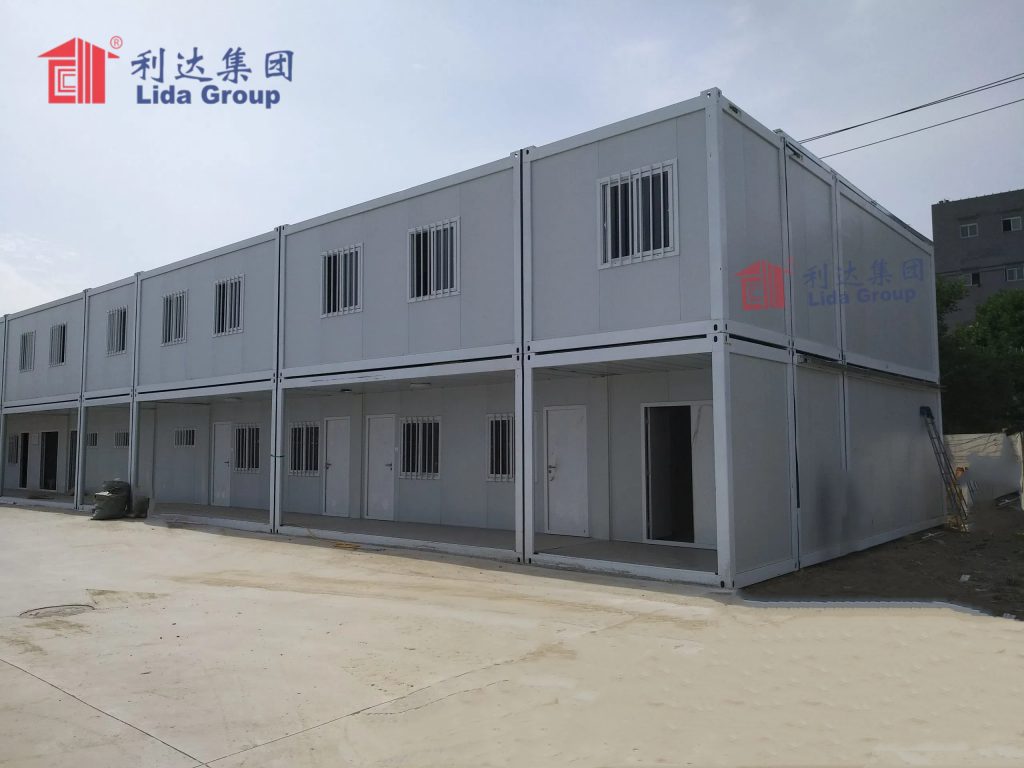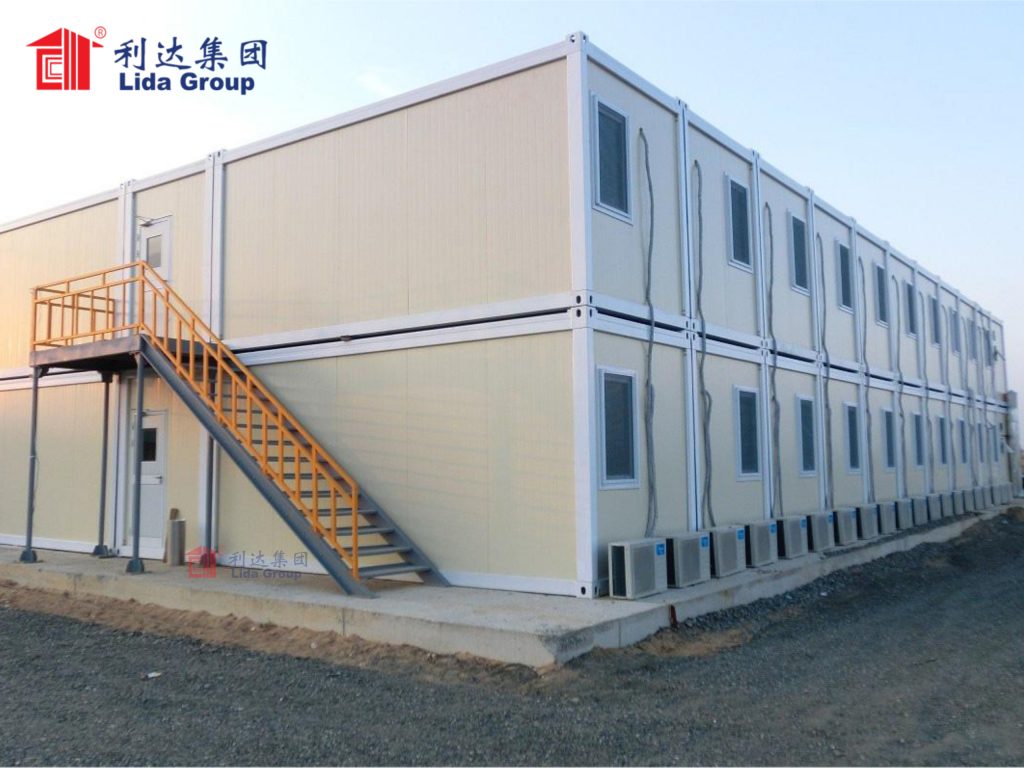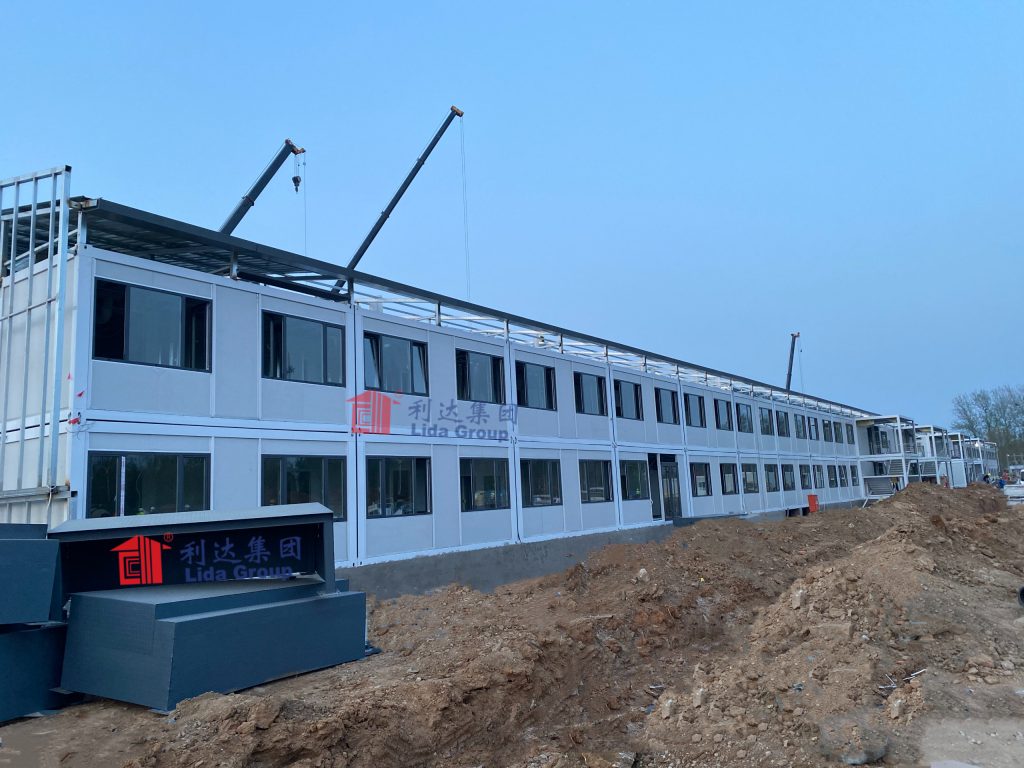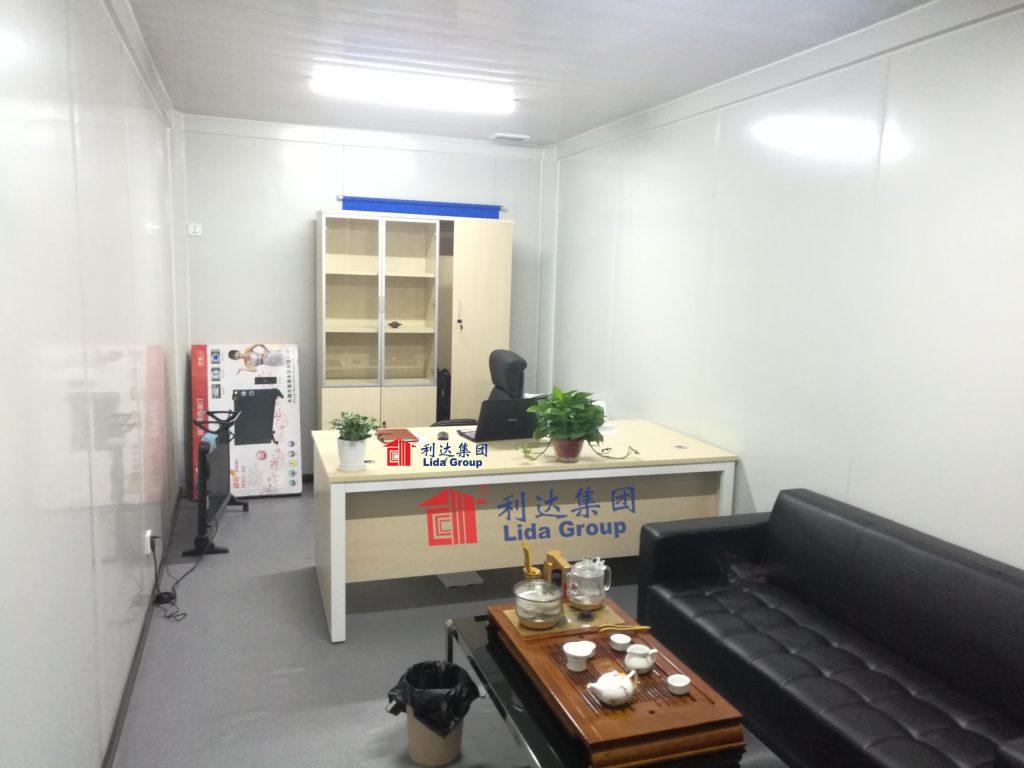As efforts to expand access to affordable housing progress, particularly in remote rural regions, evaluating best practices and innovative housing solutions is important. A recent issue of the academic journal Sustainable Shelter Review features case studies examining implementations of modular container home designs developed by Lida Group. Paired with integrated renewable energy systems, initial projects deployed the flat-packed housing platform to construct durable shelters for underserved farm families in developing areas.
Researchers from various universities partnered with non-profit organizations to document construction and performance of pilot housing clusters providing shelters to replace substandard dwellings. Standardized building modules made from refurbished shipping containers were factory-assembled off-site as flat-packed kit homes then trucked to project locations for rapid on-location construction. The case studies evaluate the modular design and renewable power integration advantages along with impacts on occupant living standards.
One such project location was a remote settlement in northeastern Brazil inhabited by farming families living in improvised wattle-and-daub huts with thatched or corrugated roofs vulnerable to weather damage. The flat terrain in the region is suitable for solar power yet lack of infrastructure left households without electricity access. Researchers collaborated with a sustainable development NGO to implement clustered Lida Group homes incorporating roof-mounted solar arrays, battery storage, and a training facility.

At the factory, shipping containers were refurbished by removing hazardous materials and reinforcing steel exteriors before interior modular rooms were assembled with insulated panels, utilities, and finishes. Component connections enabled disassembly into freight-ready flat-packs for transport. On-site, 50 families’ housing was replaced through construction of 10 clusters each comprising five modules joined together.
Construction took four weeks total with coordinated teams erecting structures, running wiring, and making final connections. Training in solar installation and maintenance was provided as the renewable system came online generating enough power for lighting, devices, and community activities while eliminating fossil fuel reliance. Interviewed residents reported improvements in living conditions, health, and economic opportunities through electrification.
Researchers concluded the modular flat-pack approach optimized transportation and on-location assembly workflows. Structures were robustly erected to withstand seasonal weather with quality control assured through factory prefabrication. Integrating renewable power advanced energy access crucial for livelihoods and development in the isolated settlement. Families expressed pride of home ownership not previously attainable. With skilled local labor involvement, future expansion potential was demonstrated.

Another case study focused on implementation of Lida Group housing paired with micro-hydro power in rural villages of Nepal. Mountainous terrain presented challenges for conventional housing but opportunities for run-of-river hydropower. The concrete-lined waterways common in the region were repurposed with low-head turbine installations delivering energy to clusters of flat-packed container homes.
Working with local artisans, 30 dwelling modules housing 150 people replaced dilapidated structures unsuited to harsh winters and monsoons. Solar hot water and lighting supplemented the micro-hydro system. Participatory planning processes ensured culturally-appropriate housing designs and community ownership of the renewable infrastructure piloted through the project.
Researchers conducting occupant surveys found families reporting reduced expenditure on fuel and illnesses from improved indoor climate control and cooking. Children’s school attendance notably increased due to reliable lighting enabling extended studying after dusk. Artisans trained in modular construction emerged ready to support future expansion. Facility maintenance training programs launched as an income generator. Overall improvements in living standards were validated by measurable social indicators underlining the pilots’ successes.

A third case study documented implementation in northern Ghana where scattered rural communities relied on charcoal for cooking fuel exacerbating deforestation. Here researchers collaborated with a housing NGO to deploy 15 clusters of Lida Group homes integrated with biogas digesters. Shipping container modules were customized with insulated concrete form core walls for structural integrity suitable to the region’s harsh climate and optimized for integrating gas plumbing.
Modular latrine buildings were also erected alongside housing clusters as part of the project’s comprehensive sanitation component focusing on hygiene and health promotion. Each housing plot was supplied with a household-scale biogas digester converting animal and human wastes into cooking fuel and fertilizer. Training established user groups overseeing operations and maintenance to stimulate replication.
Research monitoring validated the technical performance and adoption of the biogas systems as an environmentally-sustainable cooking fuel alternative. Housing occupants no longer relied on unsustainably harvested woodfuel and associated indoor air quality hazards diminished. Children’s health notably improved as measured against baseline assessments. Income generation through compost sales demonstrated economic benefits accompanying the sanitation upgrades incentivizing sustained adoption.

Across these diverse implementations, independent researchers concluded Lida Group’s modular flat-pack container home designs consistently delivered robust, durable shelters suited to challenging environments when integrated thoughtfully with culturally-appropriate renewable power sources. Streamlined transportation and construction optimized project scalability and cost-effectiveness. Occupant surveys validated improvements in living standards, health, education potential, and environmental sustainability compared to previous housing conditions.
Communities expressed ownership and willingness to sustain installations with training support. Researchers determined the modular housing platform showed adaptability accommodating cultural preferences when planned through participatory processes. Integrating renewable energy and sanitation components addressed multiple development needs holistically through a single intervention optimized for dispersed rural contexts according to each location’s resources. Modular expansions appeared feasible with ongoing community engagement and artisan skill-building.
In conclusion, the Sustainable Shelter Review case studies demonstrated various successful implementations of Lida Group’s flat-packed modular housing and renewable integration models meeting needs in underserved rural regions. Initial projects increased standards of living and fostered local empowerment through collaborative training efforts and participatory planning. Evaluation of social indicators validated technical performance and tangible development impacts through housing accompanied by thoughtfully designed renewable systems. Researchers concluded the scalable modular approach deserves continued study and refinement as a holistic sustainability solution for dispersed rural communities globally through community-driven implementation frameworks.

Related news
-
Research analyzes Lida Group's pre-engineered modular steel building methods enabling local governments and cooperatives to implement mixed-income rental housing more sustainably.
2024-07-02 16:16:15
-
Engineers commend Lida Group's flat-packed modular container classrooms for swift installation using local labor as sustainable post-emergency temporary construction solution.
2024-06-28 15:15:47
-
Feature story highlights innovations in Lida Group's standardized steel housing panels combined with attached livestock shelters, workshops and seasonal housing under durable roofing optimized for mixed smallholder agriculture.
2024-06-24 15:43:05
contact us
- Tel: +86-532-88966982
- Whatsapp: +86-13793209022
- E-mail: sales@lidajituan.com


